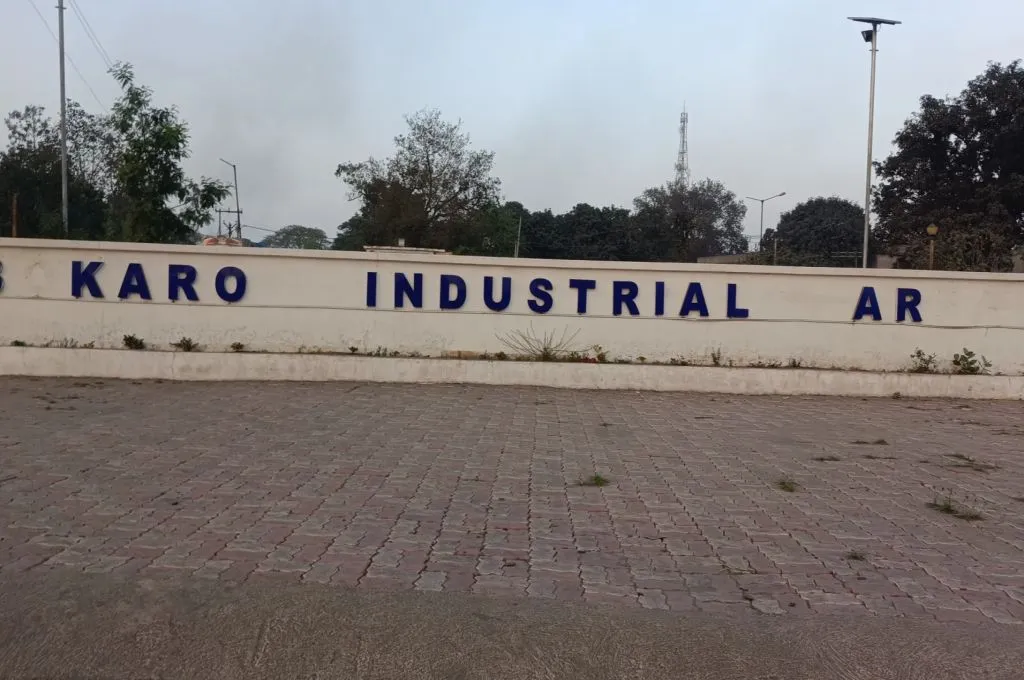Job transfers to job losses: Bokaro’s changing steel industry

In the 1950s, industrial giants such as SAIL and Coal India transformed Bokaro district in Jharkhand (Bihar at the time) into a steel city. Local families from 19 villages in the district gave away their land in return for jobs in the factories. People who found work in these factories started residing on the factory premises. At the beginning, there was an informal understanding that the jobs were transferable to the next generation, which made them a cornerstone of family stability. People would talk to the higher-ups and have factory jobs transferred to their children.
As a result, marrying into these families became desirable for men from nearby areas where there were no such industries. The grooms’ families encouraged them to live with their in-laws to retain generational job benefits. This arrangement ensured continuity in employment when older generations retired. Thus, the practice of men coming into these areas for marriage, and children being raised in maternal homes, persisted.
However, with automation, there has been a reduction in the number of jobs in the steel plants. Consequently, the benefit of job transfer has stopped. Men have to move to adjacent states such as West Bengal, Uttar Pradesh, and Odisha, and to more distant places like Delhi, for employment opportunities. Ravi Tigga, a Bokaro resident who has now moved to Odisha for work, shares, “I wanted to live here, but there’s no work. We have to leave our home every time; our own city doesn’t feel familiar any more.”
“The factory job wasn’t just a job; it was a pillar of support for the family. Now, everything has become automated. The arrangement hasn’t been extended to our children,” said one of the grandparents.
People are also not able to vote in the municipal or panchayat elections. As families used to reside on the factory premises, all their documents contain the factory address. This hasn’t changed even after the loss of factory jobs. They were promised that they will be given land to resettle, but it never happened. They continue to reside in the buffer zones created in and around the factories.
This affects the children too. They are unable to avail government schemes and scholarships that they are entitled to. The factory address isn’t considered valid by the government.
Shivam Kumar is a Gandhi Fellow and a development practitioner.
—
Know more: Learn how wildlife conservation efforts and land surveys are pushing out salt workers in Gujarat’s Little Rann of Kachchh.
Do more: Connect with the author at shivam@gandhifellowship.org to learn more about and support his work.



